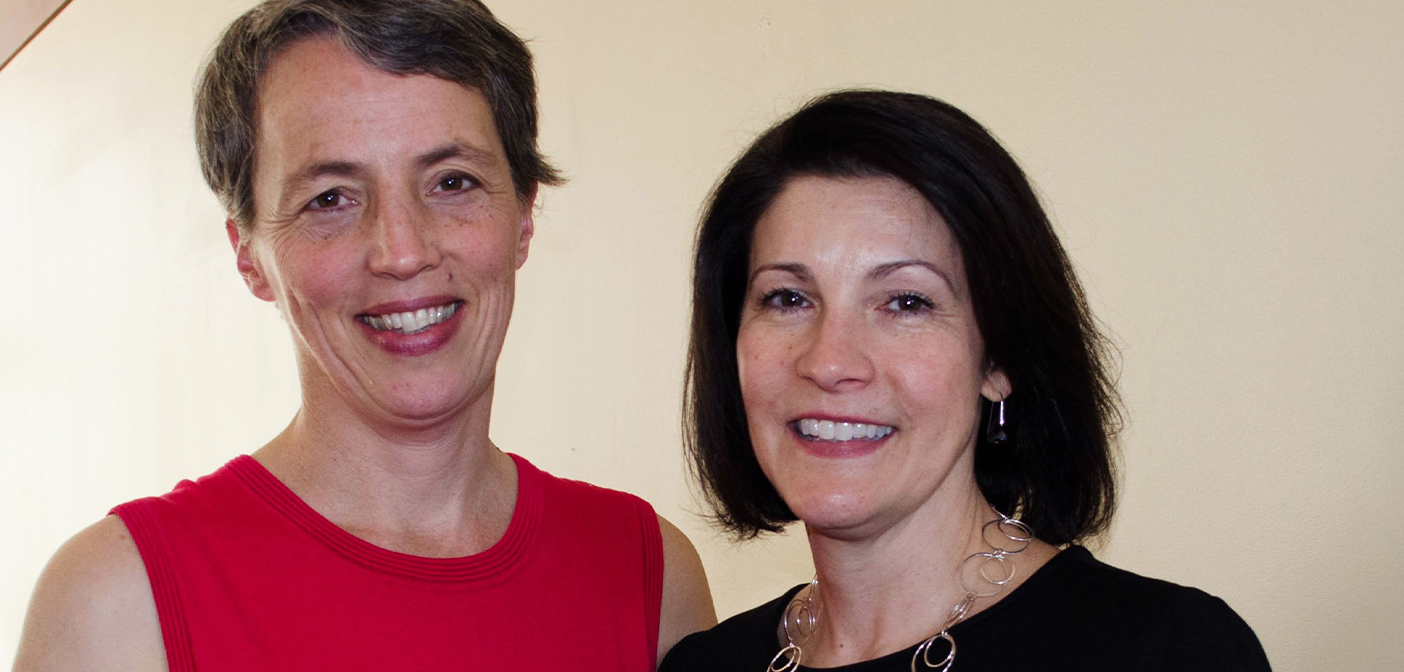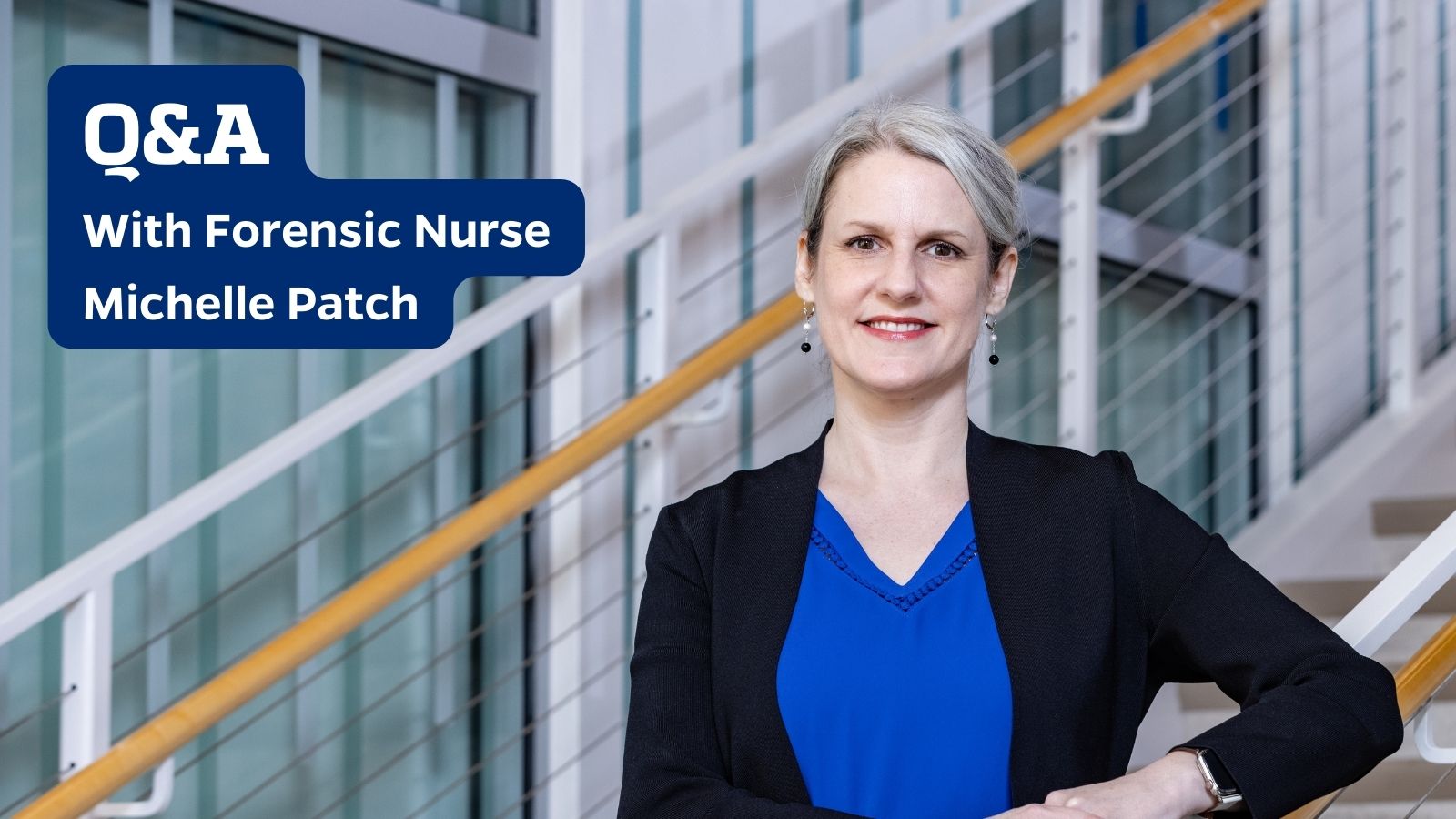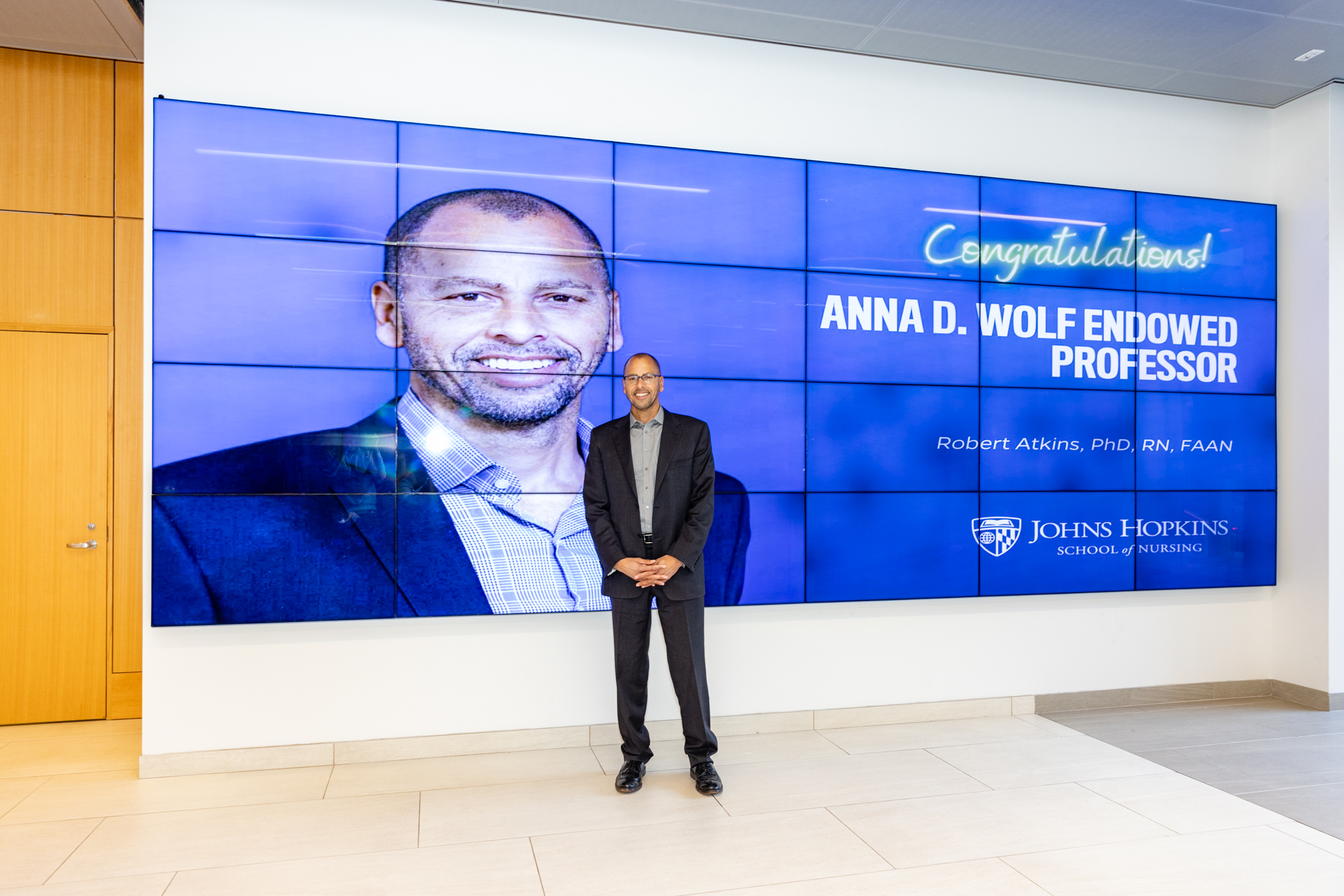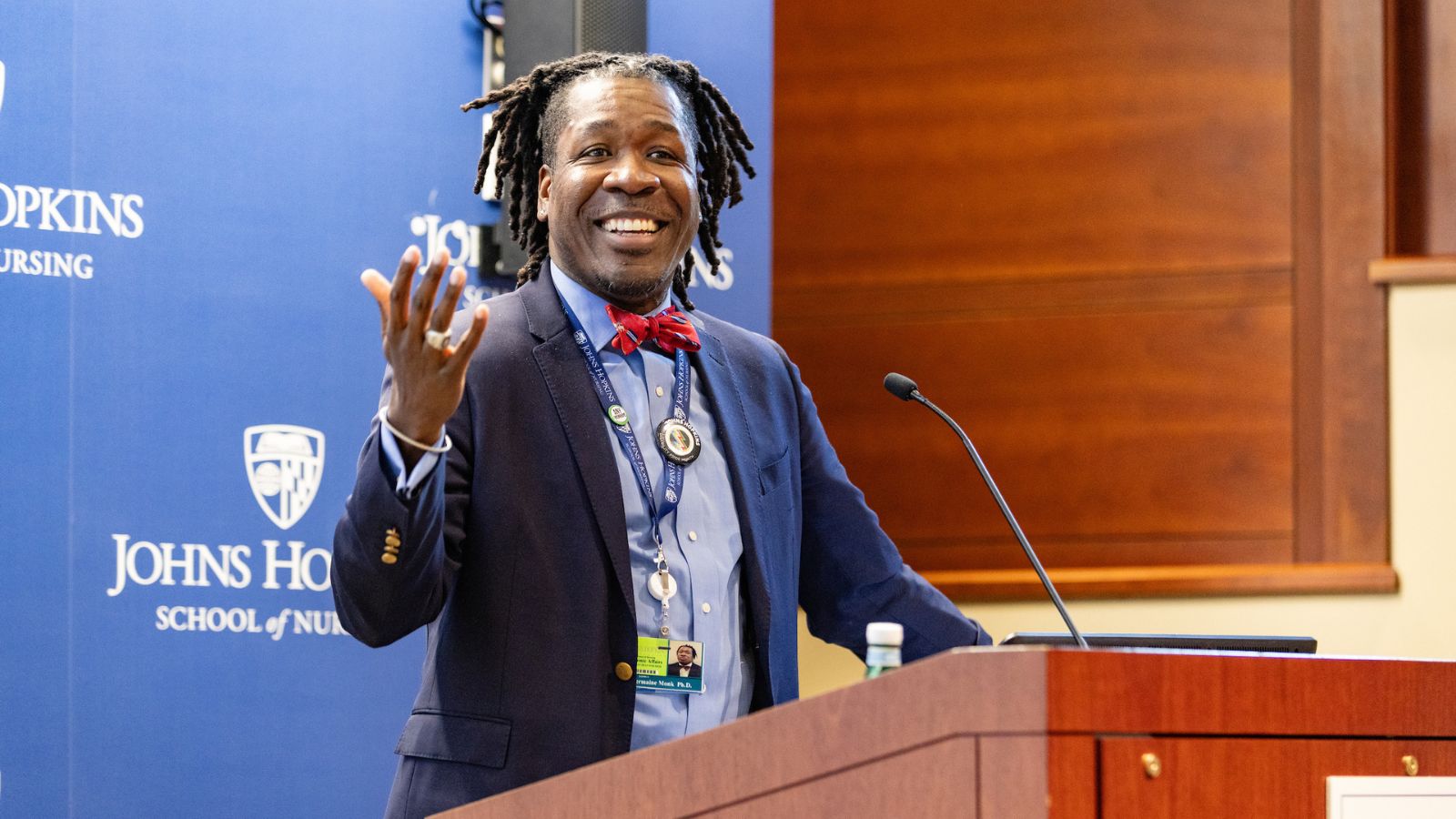There’s no better advertisement than a satisfied customer. So the Recruitment Innovation Unit, led by Professor Cheryl Dennison Himmelfarb, is tracking the “user experience” of clinical trials and other research projects. It’s a way of making sure that the individuals so crucial to so much research at Johns Hopkins are happy they took part, and perhaps even recommend participation in research to friends and family.
Every six months, 500 recent participants are chosen at random for a survey on things like the informed consent process, interaction with the research team, and issues that would be important for them in a future study. Those anonymous results are made public. (Results are available back to July 2016.) In the most recent survey, 96 percent of participants indicated that they would recommend joining a research study to their friends or family.
The idea is that these data inform the Recruitment Innovation Unit services and research teams’ approaches to improve participant experience and recruitment success. Dennison Himmelfarb and her team at the Johns Hopkins Institute for Clinical & Translational Research (ICTR) need to know about any issues with the process so concerns can be addressed and the results remain positive. For example, participants stressed the importance of receiving a summary of the overall research results, informing Dennison Himmelfarb and her team to work with study teams across Hopkins to promote this practice.
“When you make the process convenient and transparent, people will give you honest, thoughtful answers,” says Dennison Himmelfarb. “What is working well and where are the opportunities for us to do a better job? And they want to know that we are using their feedback to make improvements. People really want the experience to be better for themselves in the future and for others who will follow.”
“We have to value our participants as our partners,” explains Liz Martinez, research participant advocate. “We need to acknowledge their contributions and show our appreciation by making the experience positive. I think we are doing a pretty good job, and the data are showing that.”

 Forging Policy: How Can Doulas Improve Black Maternal Health?
Forging Policy: How Can Doulas Improve Black Maternal Health? Q & A With Forensic Nurse, Michelle Patch
Q & A With Forensic Nurse, Michelle Patch Dr. Robert Atkins, Anna D. Wolf Endowed Professor
Dr. Robert Atkins, Anna D. Wolf Endowed Professor Forging Policy: Associate Dean Jermaine Monk and Education After Affirmative Action
Forging Policy: Associate Dean Jermaine Monk and Education After Affirmative Action My First Teachers in Nursing School Weren’t Nurses
My First Teachers in Nursing School Weren’t Nurses






